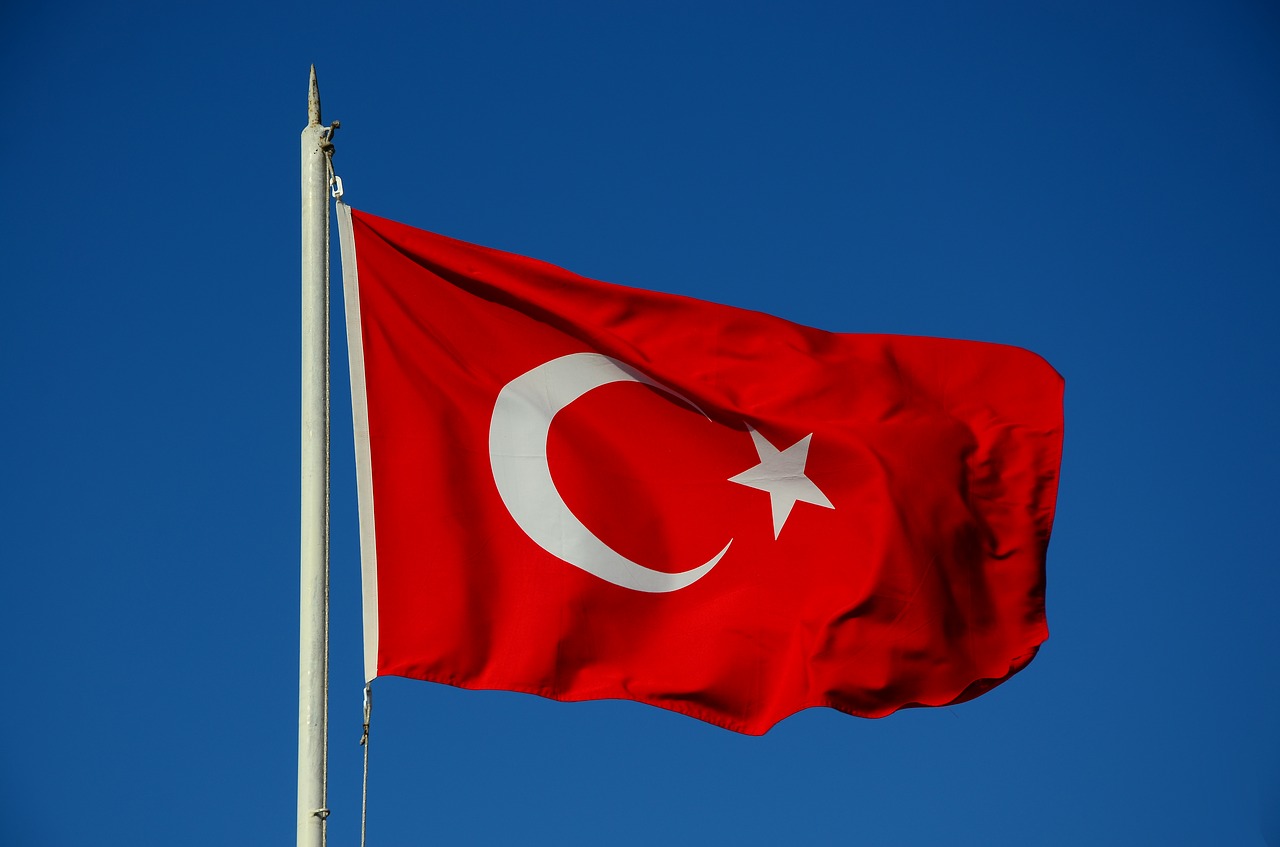Trading with Turkey
Please note the Republic of Türkiye - Ministry of Trade and Republic of Türkiye - Ministry of Foreign Affairs have officially circulated the required notification to all countries and international organizations such as the WTO, EU Commission, EFTA Countries about the change of name from Turkey to 'Türkiye'/ Türkiye is effectively replacing 'Turkey' and is now in place in foreign languages and recognized internationally.
So 'Türkiye' is going to be recognised for all kinds of correspondence and activities.
As long as the regulation regarding the mentioned change took, TOBB updated its Implementation of the Certificate of Origin and Movement Certificates Automation System (MEDOS) in accordance with the new decree. Accordingly, Turkish exporters have started to use "Türkiye" on the Certificate of Origin since the date of new mandate entered into force.
The UK-Turkey Trade Agreement came into force on 1 January 2021, enabling the vast majority of goods of UK or Turkish origin to continue to be traded tariff-free.
What has changed?
From 1st January 2021, the UK is no longer in the EU Customs Union and single market, the agreement has transitioned from the Customs Union structure to a traditional Free Trade Agreement. In the Customs Union, all goods that were in “free circulation” could be exported free of duty to the other party, irrespective of where they had been produced. The ATR certificate was used to claim preferential trade.
Under the UK-Turkey Trade Agreement goods will only continue to benefit from reduced or 0% tariff preferences if they originate in either the UK or Turkey. The ATR certificates have been withdrawn from use and preference is now based on a *declaration of origin either on your commercial invoice or any other commercial document along with a detailed description of your goods. If your Turkish customer requests a UK Certificate of Origin we can certify these for you, although they are not legally required.
To address implications and to provide maximum continuity for business, it has been agreed in the Agreement that EU materials can be recognised (i.e. cumulated) in Turkey’s and the United Kingdom’s exports to one another. EU processing, except when in relation to textiles, can also be cumulated in Turkey’s and the United Kingdom’s exports to one another.
EXPORTER REGISTRATION
It has come to our attention some Turkish customers have been asking UK companies for a certified copy of their 'Exporter Registration form'. Our team can help certifying such form as long as we have your formal undertaking up to date and in file. You can download a copy of the Exporter Registry form here
CHIEF/CDS
The measures on CHIEF and CDS have been amended to reflect the introduction of the trade agreement. This means that, instead of an EUR1 or an ATR, you must declare on CHIEF either a:
-
statement of origin (U110)
-
statement covering multiple shipments (U111)
What the UK-Turkey Trade Agreement Includes
The agreement includes provisions on:
-
trade in goods – including provisions on preferential tariffs, tariff rate quotas, rules of origin and sanitary and phytosanitary measures
-
customs and trade facilitation
-
intellectual property
-
government procurement
-
technical barriers to trade
-
trade remedies
-
dispute settlement
-
competition
Further information
-
Check in our events page for upcoming training courses on 'Trading with the UK'. If not available, we can deliver bespoke courses.
-
Continuing the UK's trade relationship with Turkey: parliamentary report
Declaration of origin
The declaration of origin must use the following wording:
The exporter of the products covered by this document (customs authorisation No … (1))
declares that, except where otherwise clearly indicated, these products are of ……..… (2) preferential origin.
…es
- dispute settlement……. (3)
(Place and date)
………. (4)
(Signature of the exporter, in addition the name of the person signing the declaration has to be indicated in clear script)
Notes:
-
For exporters located in Turkey, when the origin declaration is made out by an approved exporter, the authorisation number of the approved exporter must be entered in this space. When the origin declaration is not made out by an approved exporter, the words in brackets shall be omitted or the space left blank. When the origin declaration is made out by an exporter located in the UK, the EORI number must be entered in this space.
-
Origin of products to be indicated
-
These may be omitted if the information is contained in the document itself
-
In cases where the exporter is not required to sign, the exemption of signature also implies the exemption of the name of the signatory.
When exporting to Turkey you must include your EORI-number in any declaration you issue to your Turkish customer, regardless of the value.
The declaration on origin must be provided on an invoice, or any other commercial document (excluding a Bill of Lading), describing the originating product in sufficient detail to enable its identification.
Declarations on origin will be valid for 24 months from the date it was made out for imports into the UK or 12 months for imports into Turkey.
Using UK CoOs as proof of origin
Whilst using UK CoOs is not mandatory under the FTA, and traders can use origin declarations in their invoices, many exporters are finding that using the UK CoOs as a proof of origin are minimising delays at customs for their shipments. You can apply for a UK CoO in our eCert platform as usual.
We value your feedback and is paramount to us for improving our services. Please complete this short 1-min satisfaction survey.


